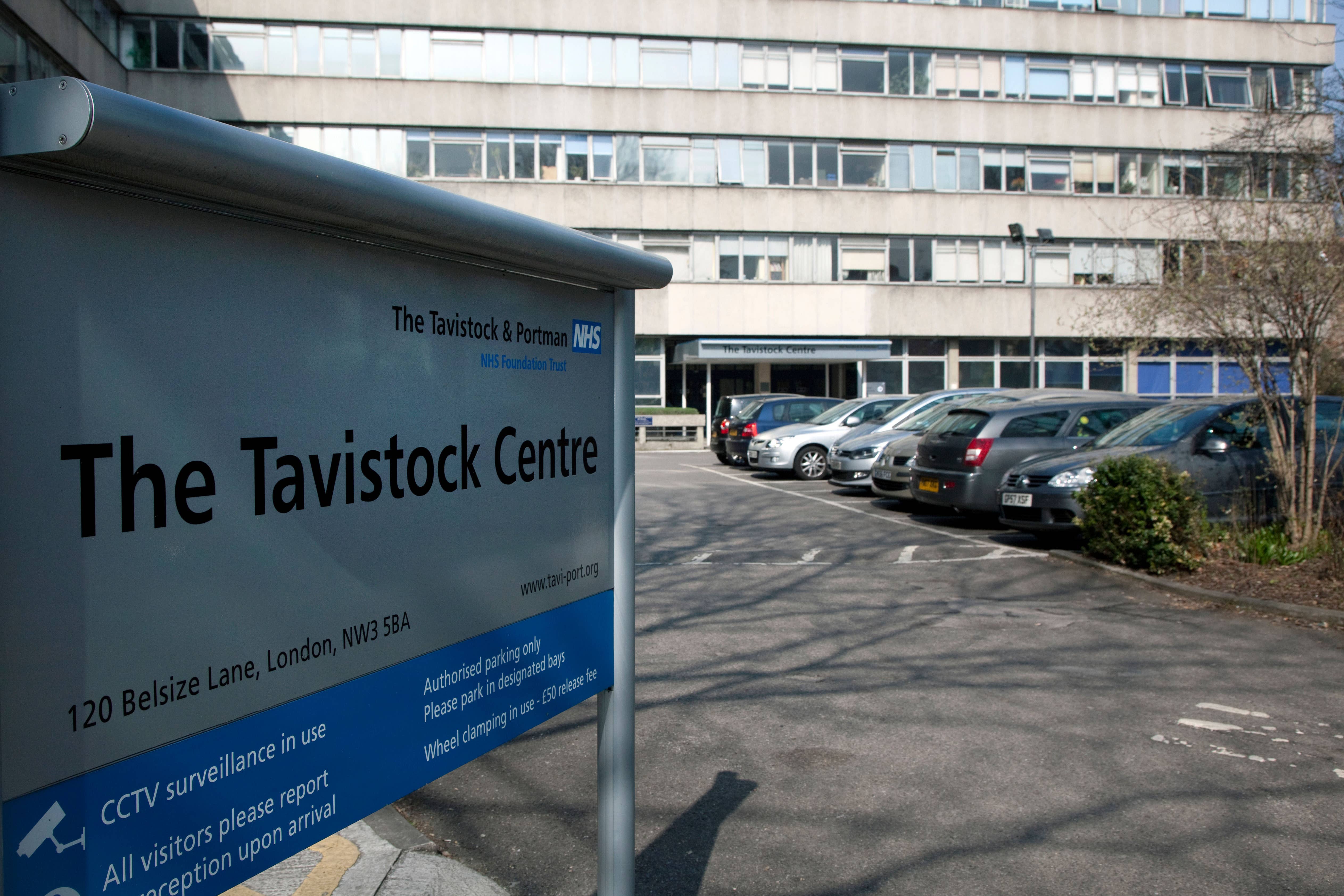NHS says children to no longer receive puberty blockers at gender identity clinics
Puberty blockers, which pause the physical changes of puberty such as breast development or facial hair, will now only be available to children as part of clinical research trials
Children will no longer be prescribed puberty blockers at gender identity clinics, NHS England has confirmed.
Puberty blockers, which pause the physical changes of puberty such as breast development or facial hair, will now only be available to children as part of clinical research trials.
Fewer than 100 young people are currently on puberty blockers and they will be able to continue their treatment. These children are being seen by specialist endocrine services at Leeds and University College London Hospital.

The decision comes after a public consultation on the issue and an NHS England-commissioned independent review in 2020 of gender identity services for children under 18.
That review, led by Dr Hilary Cass, followed a rise in referrals to the Gender Identity Development Service (Gids) run by the Tavistock and Portman NHS Foundation Trust.

In the year to April 2022, there were over 5,000 referrals to Gids, compared to just under 250 a decade earlier.
The clinic has come under repeated scrutiny and is closing at the end of March.
Following the Tavistock’s closure, two new NHS services will open in early April, in London’s Great Ormond Street Hospital and Alder Hey Children’s Hospital in Liverpool.
In February 2022, Dr Cass published an interim report saying there was a need to move away from one unit and recommended the creation of regional services to better support youngsters.
The NHS has said children attending these clinics will be supported by clinical experts in neurodiversity, paediatrics and mental health, “resulting in a holistic approach to care”.
Around 250 patients are expected to be transferred to the new clinics from Gids when they open and some 5,000 more children and young people are currently on the waiting list for referral into the new clinics.
Dr Cass also pointed to a lack of long-term evidence and data collection on what happens to children and young people who are prescribed medication.
She added that Gids had not collected routine and consistent data “which means it is not possible to accurately track the outcomes and pathways that children and young people take through the service”.
Health minister Maria Caulfield said: “We have always been clear that children’s safety and wellbeing is paramount, so we welcome this landmark decision by the NHS.
“Ending the routine prescription of puberty blockers will help ensure that care is based on evidence, expert clinical opinion and is in the best interests of the child.”
The consultation on the future of services received more than 4,000 responses, including around a quarter from members of the public, 22 per cent from patients, 21 per cent from parents, 10 per cent from trans adults and 5 per cent from clinicians.
John Stewart, national director of specialised commissioning at NHS England, told the PA news agency: “Given that the debate is often very polarised, so too were the responses to the consultation.
“Many people said the policy didn’t go far enough in terms of still allowing potential access [to puberty blockers] through research, and others saying clearly they disagreed fundamentally and that these should be routinely available to everyone who believes they need it.”
Regarding the new clinics, he said: “This is just the first step in building a regional model, where our aim is to establish between seven and eight specialist centres, including the north and the south hubs, over the next year to two years.”
It is understood NHS England hopes to have a study into the use of puberty blockers in place by December 2024, with eligibility criteria yet to be decided.
Join our commenting forum
Join thought-provoking conversations, follow other Independent readers and see their replies
Comments
Bookmark popover
Removed from bookmarks